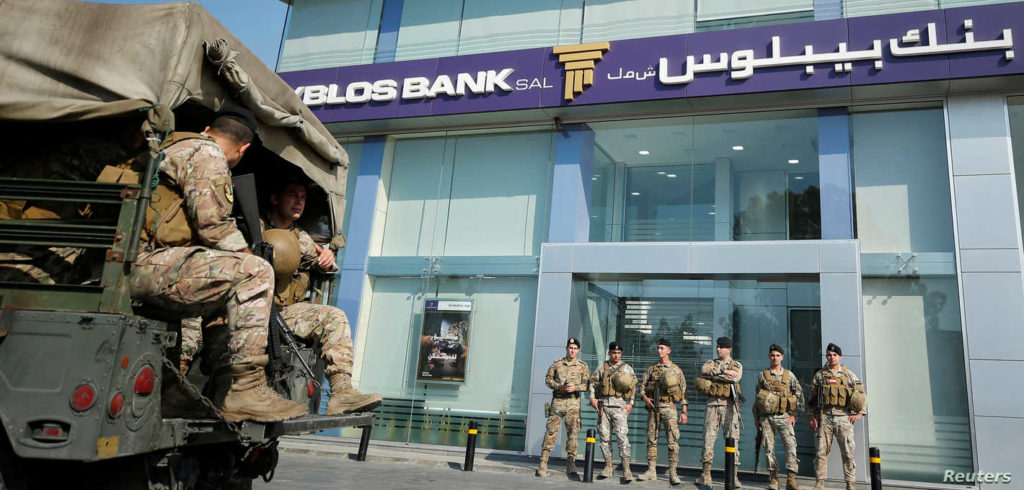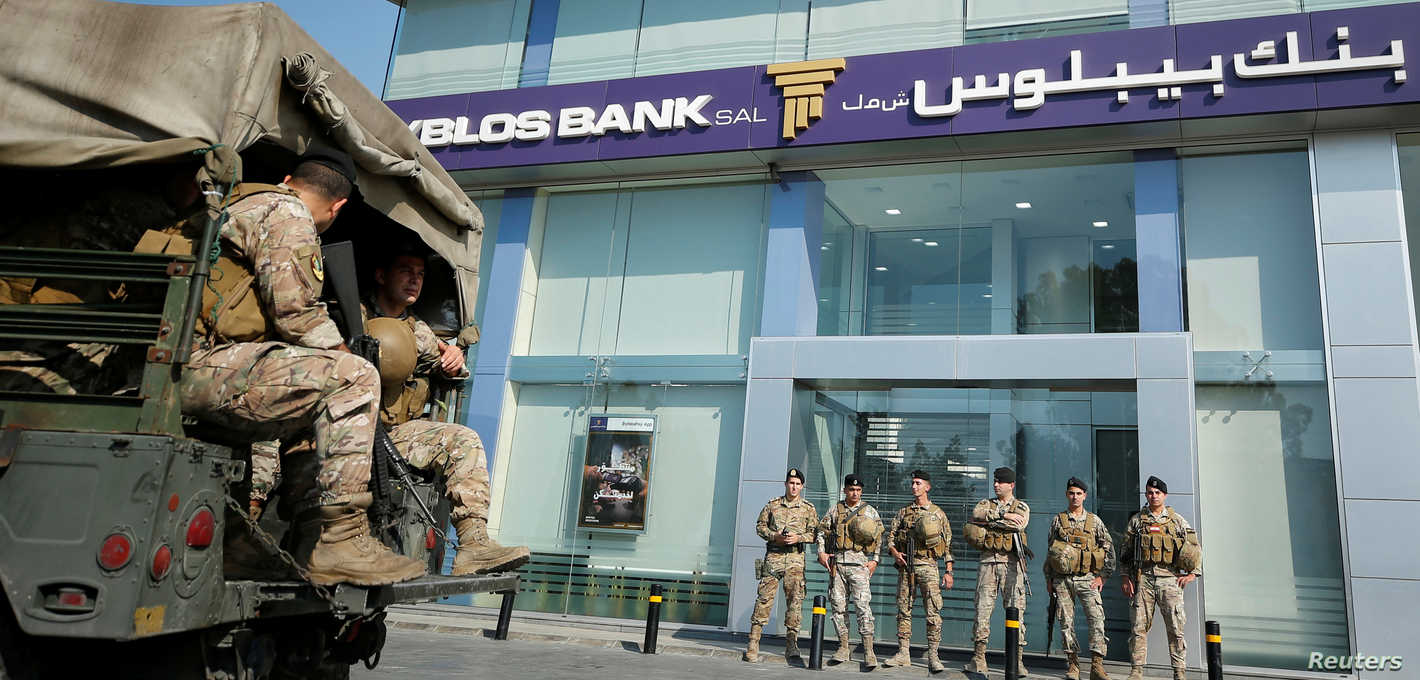The redefining of socioeconomic classes in Lebanon
Most Lebanese banks have now curtailed withdrawals to as low as $200 a week, even for clients with millions of dollars in their accounts.

- by Dan Azzi
With brutal capital controls in place today, this has necessitated some major behavioral adjustments in Lebanese society. Most Lebanese banks have now curtailed withdrawals to as low as $200 a week, even for clients with millions of dollars in their accounts. I know several people with 8-figure accounts who had to cancel trips to Paris, because their credit card limit for overseas use has been reduced from $25,000 down to $1,000. In the good old days (only a few months ago) that would have been their one day spending for a hotel stay at George Cinque, lunch at Fouquet, and dinner a Le Cinq, not including a shopping spree at Chanel.
$1,000 would now match the credit limit of this paper millionaire’s driver or bodyguard. What’s even more shocking for these paper millionaires isn’t the drastic reduction in their standard of living, but the fact that he now has to grovel in front of a low-level teller at his bank, whose name he can’t remember, even though he served him coffee for the last 10 years, while ushering him ahead of the line outside, straight into the branch manager’s office. Today, this guy has to take a number from a machine, wait in line for a couple of hours, to end up taking the same amount of cash as all the proletariat that he hardly ever interacted with except when they parked his car or waited his table at Balthus in downtown.
In the past, this deca-millionaire would have multiple banks competing for this business, offering him 1 or 2% extra in interest to move his account, and then his existing bank would increase his rates at the slightest whiff of dissatisfaction.
Today, life has changed drastically. When this guy threatens to move his cash to another bank – moving it overseas is out of the question – the low-ranking bank teller (the branch manager is too busy … or hiding, these days), would politely tell him to go ahead, because that’s one less customer screaming “I WANT MY MONEY.” Of course, the prospective receiving bank no longer wants his Monopoly Money either, because they have the reverse problem – that’s one more customer screaming at the new bank. The tragedy is when one of those clients is mislead into taking a so-called bankers check and tries to deposit it overseas in Dubai or Zurich, and after a few weeks of his money floating in cyberspace, the check gets rejected with no reason supplied. He then goes back to his bank in all seriousness to complain, and his relationship manager at the bank puts on this surprised look (like it never happened before), and says, “That must be a problem at your bank. We did our duty.” So the guy resigns himself to his fate and re-deposits his semi-worthless check back at the same bank. So now, Paper Millionaire has to go back to groveling with his banker, “Please give me $600 extra this week because I need diesel to heat my home,” to which the banker replies, “You live in Antelias, it’s not that cold, you don’t need to buy diesel. Come back next month and we’ll consider your request.”
So if what we thought of before as the richest and most powerful 1% are now no longer the 1%, who’s winning in this new game in town? Who’s the new 1%?
Clearly, the depositors with wasta, able to withdraw much more than average or send money overseas – those connected to the people in power – no matter what the size of their account.
There’s another group who are now more powerful than their former bosses. Anyone who is armed, dangerous, and connected can threaten his way into getting his money, similarly to how during the Civil War, a lowly thug ruled your whole neighborhood.
In some sense, these unofficial capital controls are the biggest act of egalitarianism since the Bolshevik Revolution of 1914, but like the Soviet Union, the 1% became not the ones with money, but the ones connected to the Party. In our case, the new 1% are the ones connected to the Parties who can twist arms and allow you to take your money out, when no one else can.
Welcome to the New Lebanese Paradigm.
(AN NAHAR)


Leave a Reply
You must be logged in to post a comment.